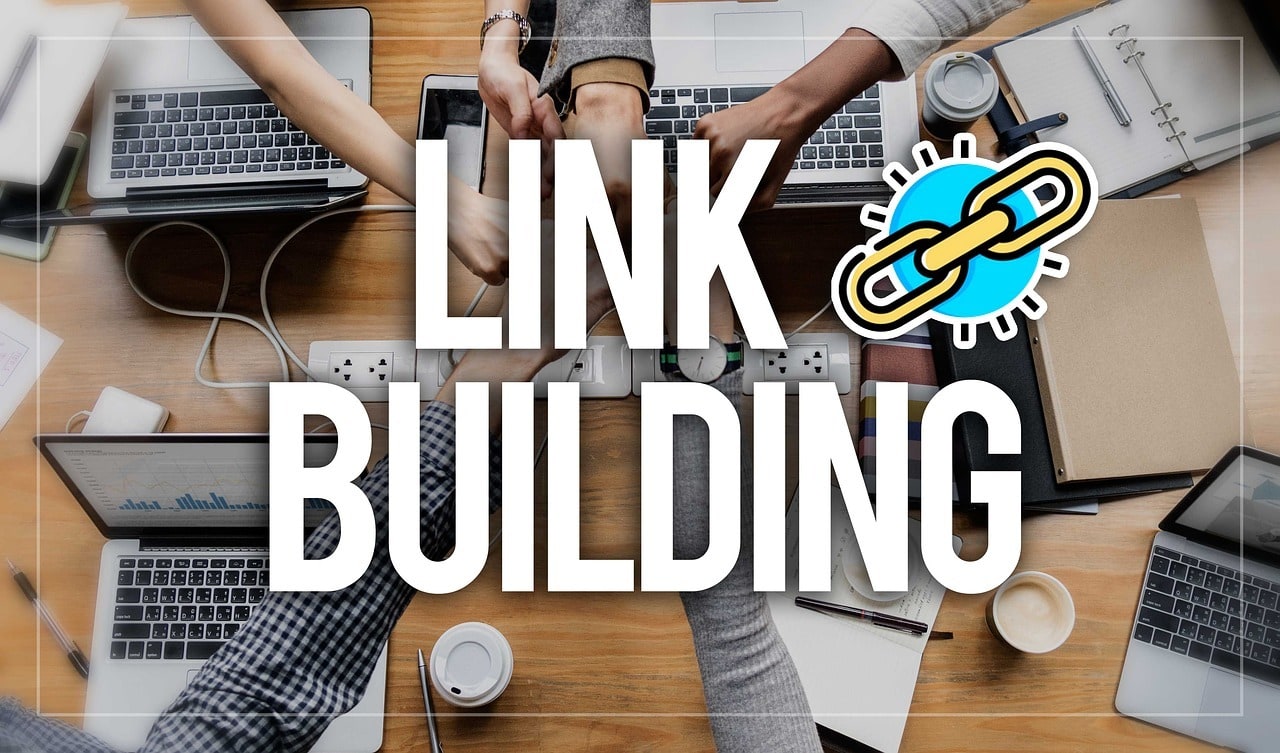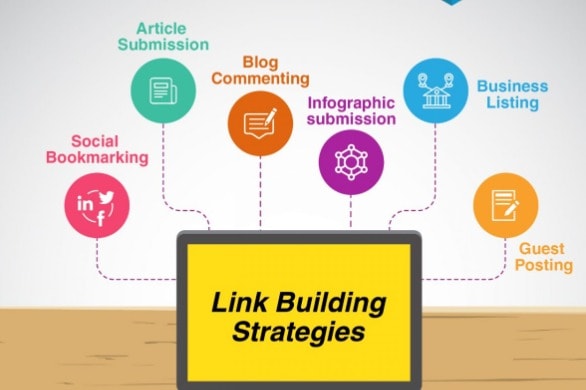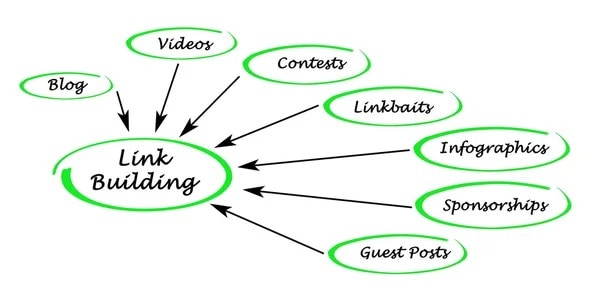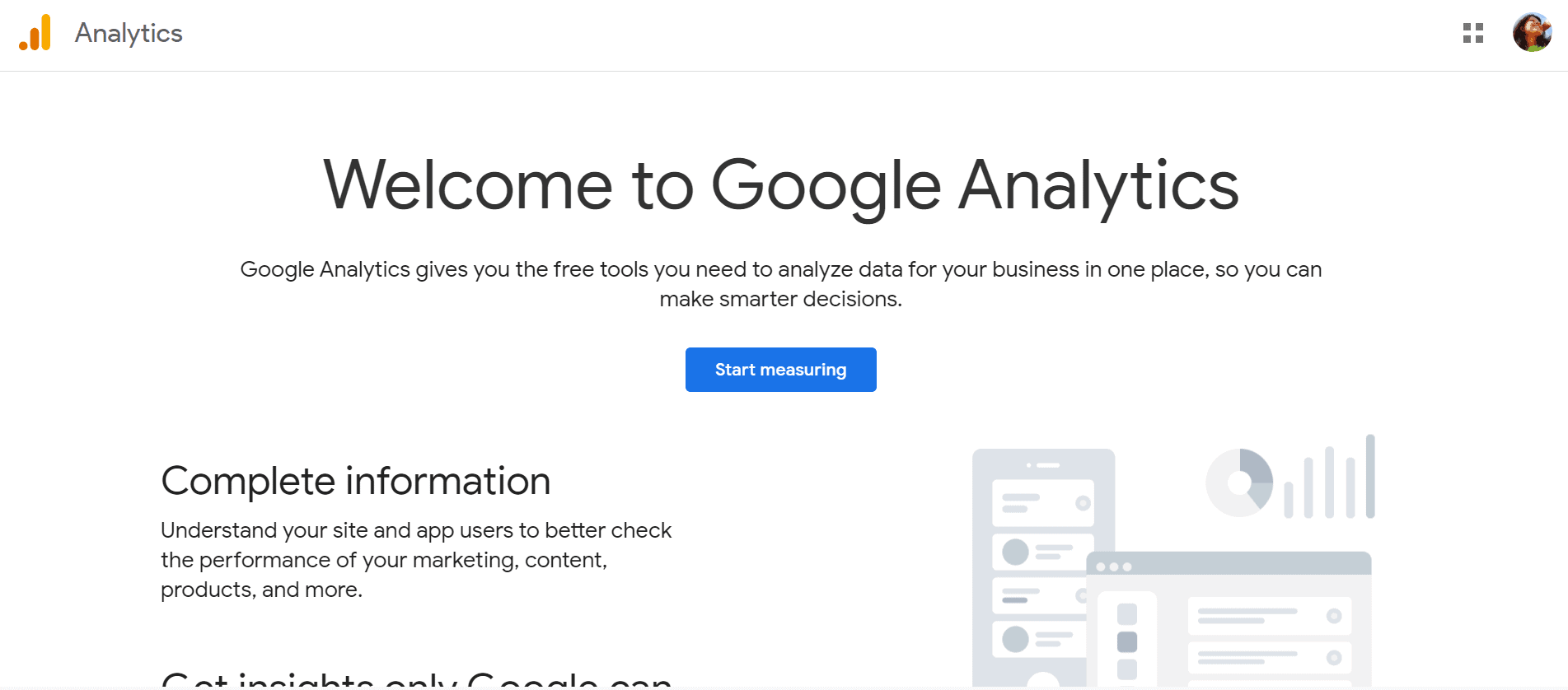There are a lot of ways to build links, and not all of them are created equal. If you’re looking to avoid common link-building mistakes, read on. In this post, we’ll take a look at some of the most common pitfalls and how to avoid them.
By following these tips, you can build links that will help your website rank higher in search engine results pages. Link building is an important part of any SEO strategy, but it can also be tricky.
If you don’t do it correctly, you could end up with a penalty from Google. In this blog post, we’ll discuss some of the most common link building mistakes and how to avoid them. Stay safe and successful in your link-building campaigns.
As a blogger, you know the importance of building links to your site. But if you’re not careful, you can easily make costly mistakes that can hurt your website’s ranking and visibility. In this post, we’ll show you how to avoid common link-building mistakes so that you can get the most out of your link-building efforts.
When it comes to link building, there are many ways to go about it. There is no one way that will work for every situation. However, there are some mistakes you can avoid if you know what they are ahead of time. This post will outline how to avoid the most common mistakes when pursuing links so your campaign has the best chance at success.
Link building is an essential part of any online marketing strategy today and with good reason – links provide a high-quality form of social proof which helps drive traffic and sales to your site. But getting those coveted backlinks isn’t always easy – especially if you’re new or just starting out in business.
What is Link Building?
Link building is a process with which you can increase your website’s rank in the search engine result pages. It’s all about placing hyperlinks on other people’s websites and blogs, so they become “link partners” of yours.

When link partners place a link to your site on their website, it will be seen by their visitors, some of them will visit your site and you’ll get more traffic. On the other hand, by having a link to their website on yours they increase their website’s rank in search engines like Google .
Link building is an important part of Search Engine Optimization (SEO) because the higher your site ranks for certain keywords, the more people will find your website. It’s a way to increase your website’s visibility and get more visitors.
Link building is a process by which you can improve your website’s rank in the search engine results pages. It’s all about putting hyperlinks on other people’s websites and blogs, so they become “link partners” of yours. When link partners place a link to your site on their website, it will be seen by their visitors, some of them will visit your site and you’ll get more traffic.
On the other hand, by having a link to their website on yours, they improve their website’s rank in search engines like Google. Link building is an important part of Search Engine Optimization (SEO) because the higher your site ranks for certain keywords, the more people will find your website. It’s a way to increase your website’s visibility and get more visitors.

There are many ways to build links, but some of the most common methods are:
- Placing links on websites and blogs (also called “onsite linking”)
- Submitting articles with links to article directories
- Creating a website in a certain domain name
- Commenting on blogs with links to your site
- Participating in online directories and link exchanges (also called reciprocal link exchange)
Benefits of Avoiding Link Building-

- Increased trust and credibility. When you get links naturally, it shows that other people trust your site enough to include a link to it on their own site. This adds to the credibility that search engines use to rank your site.
- Better advertising and marketing performance. When you get links naturally, it’s like someone else is doing your advertising for you…for free! These links also often contain key information such as anchor text, which allows you to make changes in order to improve ad campaigns and search engine marketing.
- Easier to maintain and track. When you get links naturally, it’s much easier for you to keep track of your results. You know where the link came from and can use metrics like Google Analytics (GA) and Search Console (SC) to see what’s working and make improvements as needed without having to spend time and money trying to track down links.
- Good for your overall online marketing strategy. When you get links naturally, it creates a good flow between inbound and outbound traffic that benefits your overall online presence and can help you achieve better results from search engine marketing (SEM), advertising, email marketing and social media efforts. These links also help to improve the user experience on your website, which is another ranking factor.
- Helps you focus on what’s important. By not trying to build links, you can focus on creating valuable content and improving your website instead of chasing links that may or may not be beneficial to you. This will help you achieve better results in a shorter amount of time.
- Helps keep the site fresh. Not trying to get links keeps your link profile clean and can help prevent a penalty from search engines for too many links from one domain, which is known as an influence or maturation penalty. This issue often occurs when you get links from low-quality websites.
Quick Links
- How To Become A LinkedIn Influencer
- Backlinks Or Original Content? Which Is More Important
- Know How To Backing Up Your WordPress Site
Conclusion- How To Avoid Link Building Mistakes 2024
Link building is a complicated and time-consuming process. If you want to avoid the common mistakes that many people make, then this blog post was written just for you!
We’ve discussed how to find high quality links in order to increase your visibility on search engines and create good content from which others will want to link back to. Which of these strategies have you used?
Let us know in the comments below so we can help answer any questions or provide more information about our services if needed.
Link building can be tricky, but to avoid making mistakes you should start by following the SEO guidelines set out by Google. You want your content to be valuable and relevant in order for it to rank higher on search engine results pages (SERPs).
If link-building is not your thing or if you’re looking for ways of improving how you do it, we have a team of experts who specialize in this area. We also offer an array of other marketing services that will help improve your website rankings and drive more traffic. Let us know what type of service best fits with your needs.
Link building is important to your SEO strategy. It can be easy to make mistakes when trying to build links, but you don’t want that! We’ll show you how not to do it and what the best practices are for link building so that way, your digital marketing efforts will have a better chance of success.
To avoid making these mistakes, make sure to take the following steps. If you’ve been neglecting your SEO and link building efforts in favor of other priorities or just haven’t had time for it at all, now is a great time to revisit those neglected tasks!
You can start by looking over this list of common problems that people run into when developing their link-building strategy and taking care not to fall victim yourself. It’s also helpful to have someone knowledgeable on hand who can answer any questions you may have about how best to proceed with your website optimization so contact us if we sound like the right team for the job.




